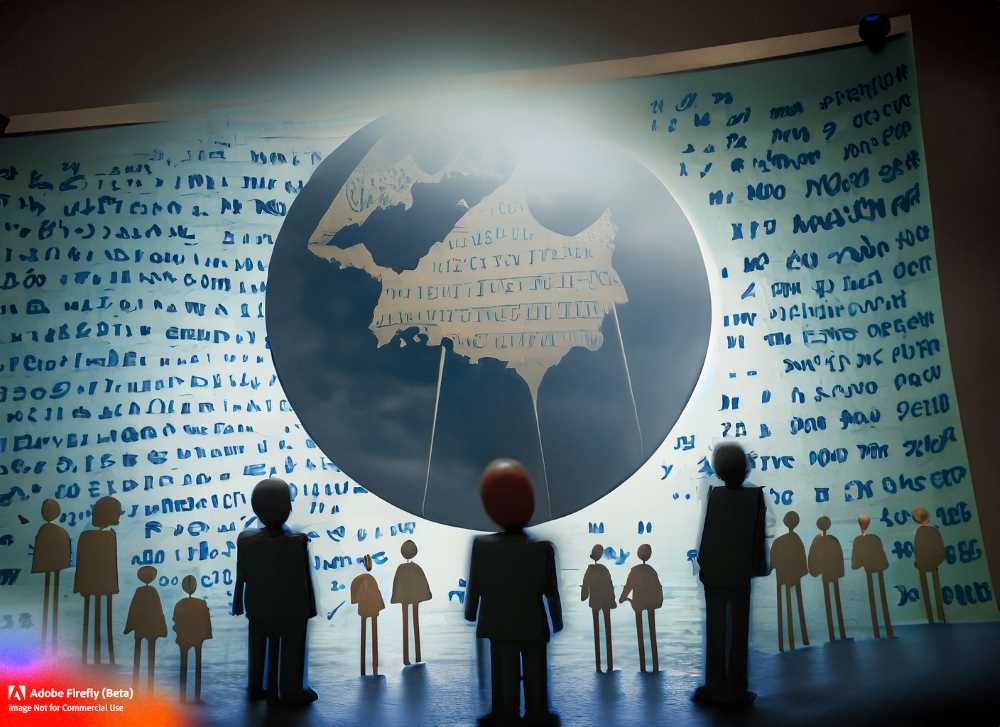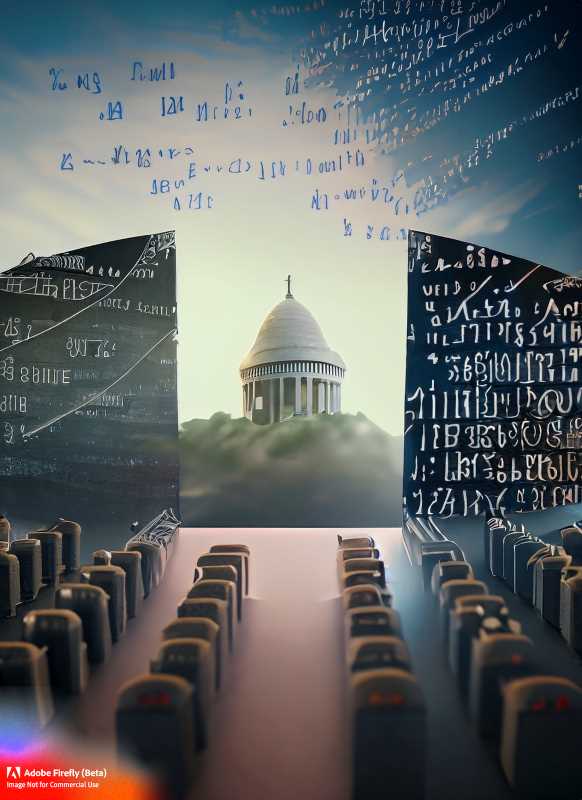Why Perfect Democracy Is Mathematically Impossible
Discover the complexities of decision-making in voting systems. According to Natalia Jonard Pérez, a mathematics expert, choosing between three or more options poses challenges. Find out why perfect democracy is impossible, and explore the Condorcet Paradox.

Choosing between three or more options makes an appointment more complex because, mathematically, there is no way to select something that pleases the majority, according to Natalia Jonard Pérez, an academic at the Department of Mathematics of the Faculty of Sciences at UNAM.
"The problem is not so much the method (of voting), but the fact of having to choose between three or more options; that is where all the problems occur because different situations can arise," she said.
According to the specialist, choosing between two options is adequate because only a tie can occur or someone obtains more than 50 percent of the votes and is declared the winner, but let's think about when there are more.
"That is why some countries opt (electorally) for the second round system: a first majority vote is taken and the two options with the most votes are thus elected; however, it can also be a somewhat complex procedure."
While giving the lecture "Mathematics and Democracy", on the occasion of the FC's Matequio Project for Mathematics Education, she stated that mathematically "perfect democracy is impossible".
The so-called Condorcet Paradox, named after Nicolas Condorcet (1743–1794), a French mathematician, politician, and philosopher of the Age of Enlightenment, sought a correct way of voting, as did other mathematicians who noticed that the different voting systems could present some pathologies "that could lead to not very pleasant results".
Among the mathematicians who participated in the search for a correct voting system, Jonard Pérez recalled Nicolas de Cusa (1401–1444), Jean Charles de Borda (1733–1799), Pierre Simon Laplace (1749–1827), and Charles L. Dodgson (Lewis Carroll) (1832–1888).
It was not until the middle of the 20th century that Kenneth Arrow, who won the 1972 Nobel Prize in Economics, demonstrated with his work Arrow's Impossibility Theorem that there is no perfect system for voting.
In this, she said, he includes some features such as "unanimity", when voters prefer option A over B, as well as "independence of irrelevant alternatives", where the order that A and B have does not depend on the rest of the options. The theorem concludes that if a method (of voting) is constructed that has these two characteristics ("unanimity" and "independence of irrelevant alternatives"), then it is a procedure that the author called "dictatorship", or a "dictator" voter.

The university academic also referred to the so-called Borda Count (Jean Charles de Borda, 1733–1799), which consists of providing a score to the options.
"It had already been proposed by Nicolas de Cusa. To date, it is not very common, but it is used to elect some members of parliament in Slovenia, as well as in some votes in universities such as Harvard and certain sports societies," she explained.
In the Aula Magna "Juan de Oyarzabal" of the FC, Jonard Perez also explained the so-called Exhaustive Election, which is currently used in the Oscar Awards.
It is "an elaborate form of a second round method: vote by the majority, and in the first step we eliminate the option with the least votes; vote again by the majority and eliminate the option with the least votes; and so on until the winner is obtained". All this shows that the procedure chosen for voting will always influence the result.
And she argued: "Even if it doesn't change the result, the method is important. The first thing we should learn is how to vote if we live in a democracy where voting is a major part of making decisions. The method depends on the situation and also on the options; no solution will make us all happy".




